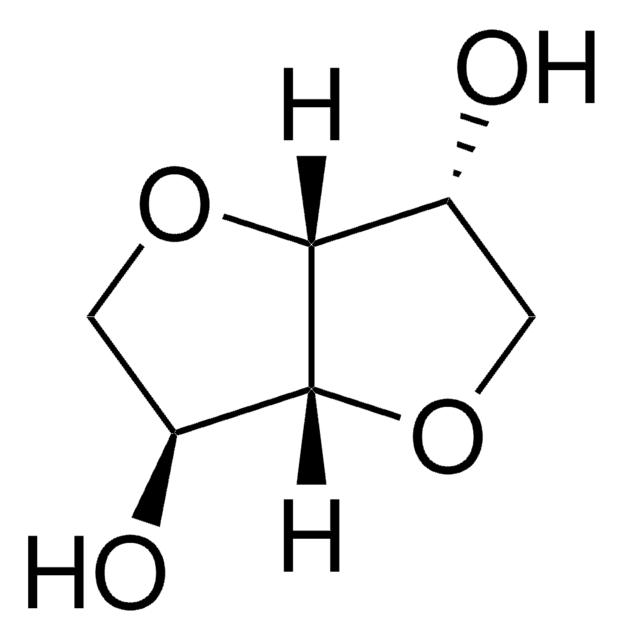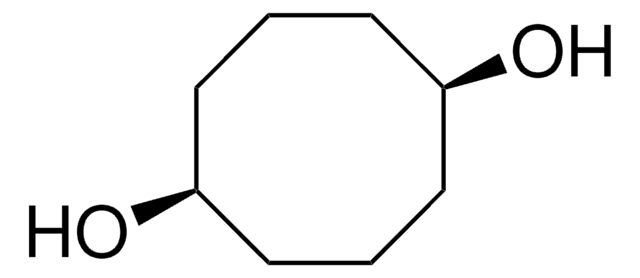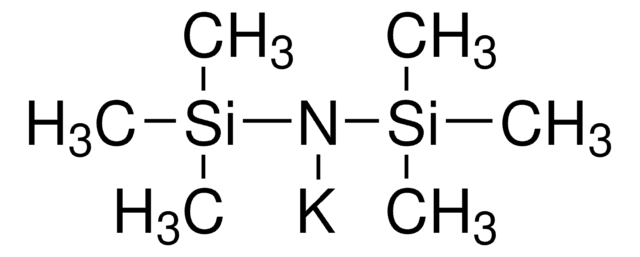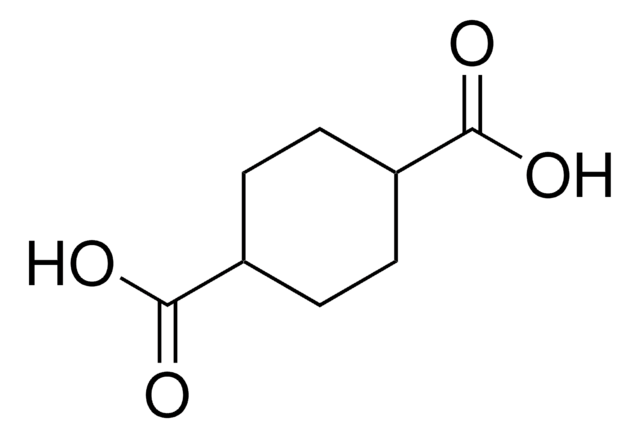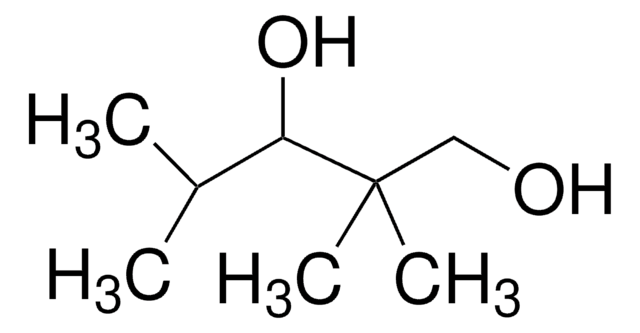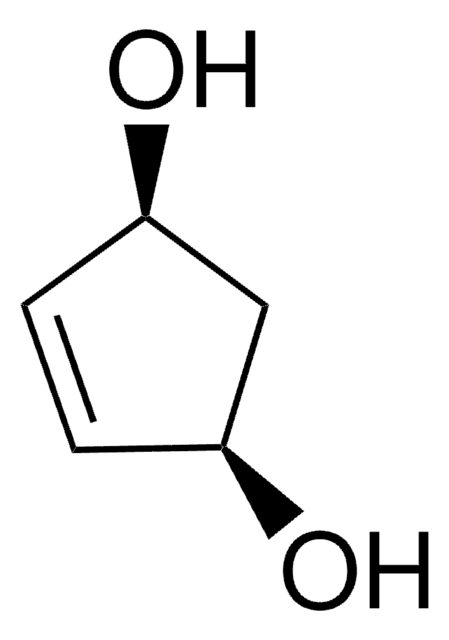131946
2,2,4,4-Tetramethyl-1,3-cyclobutanediol, mixture of isomers
99%
Synonym(s):
1,3-Dihydroxy-2,2,4,4-tetramethylcyclobutane, 2,2,4,4-Tetramethyl-1,3-cyclobutandiol, 2,2,4,4-Tetramethyl-1,3-cyclobutanediol, 2,4-Dihydroxy-1,1,3,3-tetramethylcyclobutane
About This Item
Recommended Products
Quality Level
Assay
99%
bp
210-215 °C (lit.)
mp
126-129 °C (lit.)
functional group
hydroxyl
SMILES string
CC1(C)C(O)C(C)(C)C1O
InChI
1S/C8H16O2/c1-7(2)5(9)8(3,4)6(7)10/h5-6,9-10H,1-4H3
InChI key
FQXGHZNSUOHCLO-UHFFFAOYSA-N
Application
Legal Information
Signal Word
Danger
Hazard Statements
Precautionary Statements
Hazard Classifications
Eye Irrit. 2 - Flam. Sol. 1 - Skin Irrit. 2 - STOT SE 3
Target Organs
Respiratory system
Storage Class Code
4.1B - Flammable solid hazardous materials
WGK
WGK 3
Flash Point(F)
125.6 °F - closed cup
Flash Point(C)
52 °C - closed cup
Personal Protective Equipment
Choose from one of the most recent versions:
Certificates of Analysis (COA)
Don't see the Right Version?
If you require a particular version, you can look up a specific certificate by the Lot or Batch number.
Already Own This Product?
Find documentation for the products that you have recently purchased in the Document Library.
Customers Also Viewed
Our team of scientists has experience in all areas of research including Life Science, Material Science, Chemical Synthesis, Chromatography, Analytical and many others.
Contact Technical Service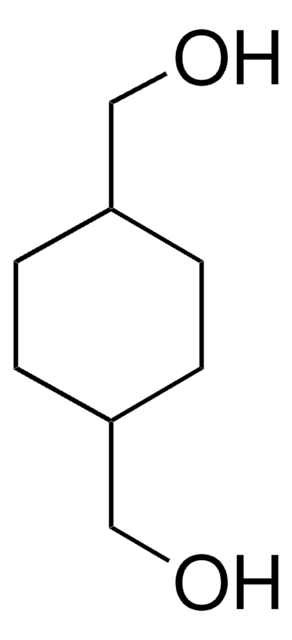
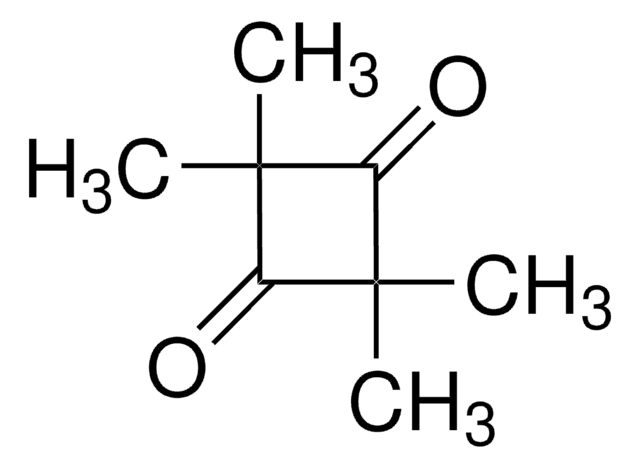
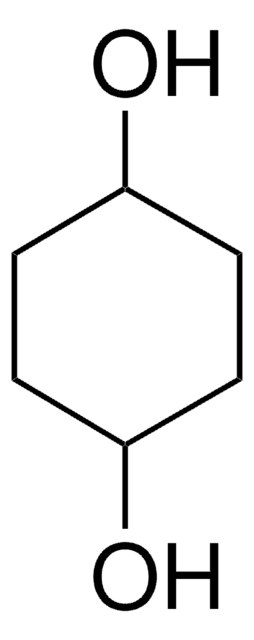
![4,8-Bis(hydroxymethyl)tricyclo[5.2.1.02,6]decane, mixture of isomers 96%](/deepweb/assets/sigmaaldrich/product/structures/973/006/555dc1f2-c191-4d54-9aea-19fd4c3544a2/640/555dc1f2-c191-4d54-9aea-19fd4c3544a2.png)
